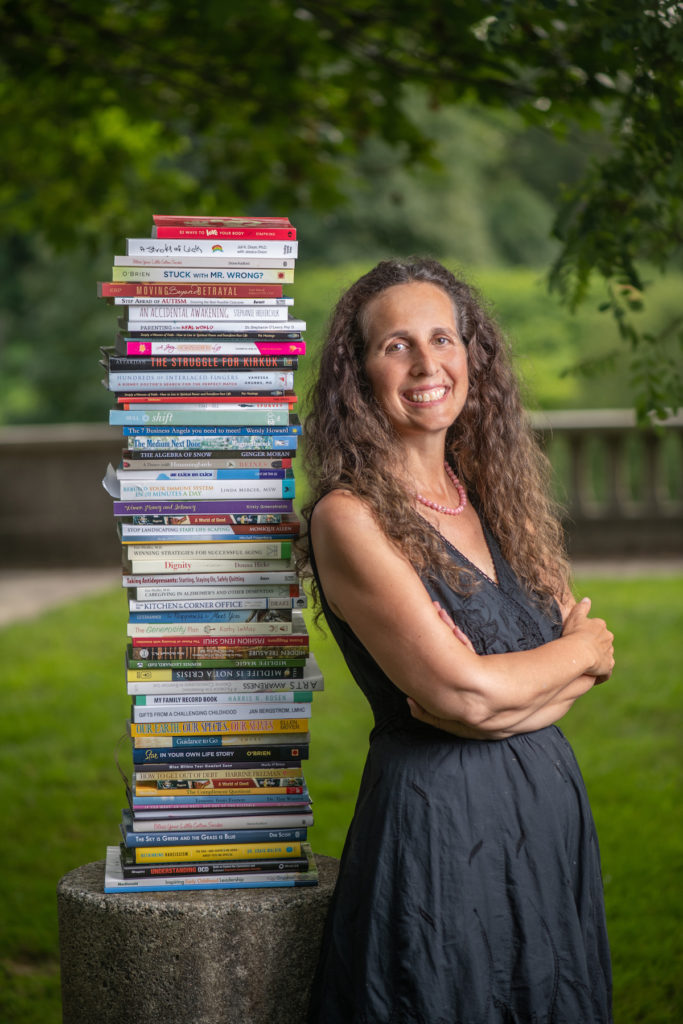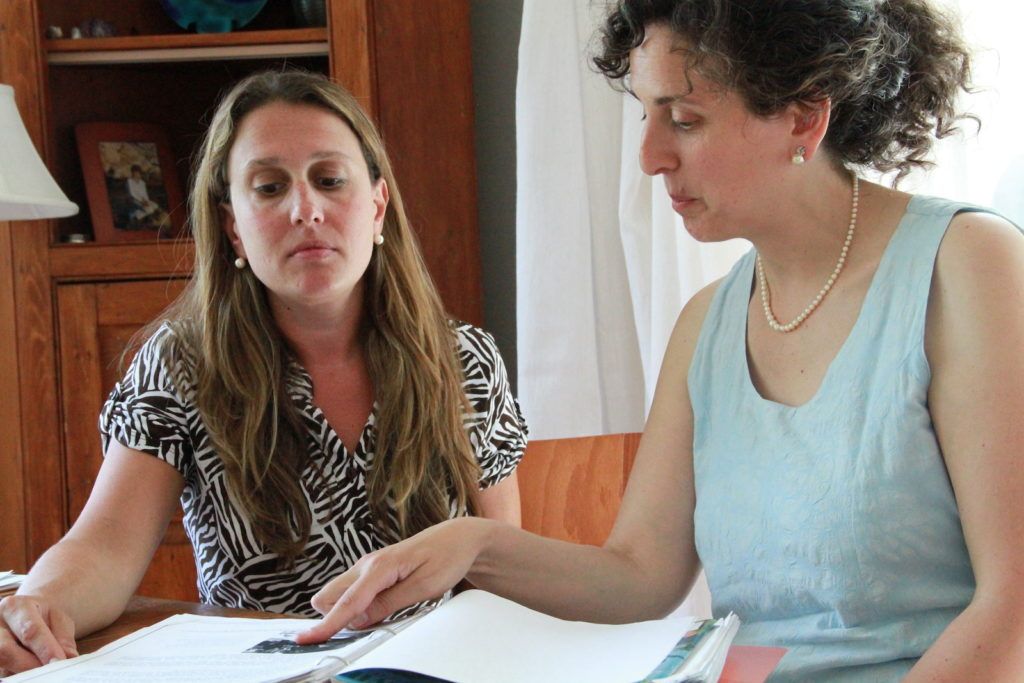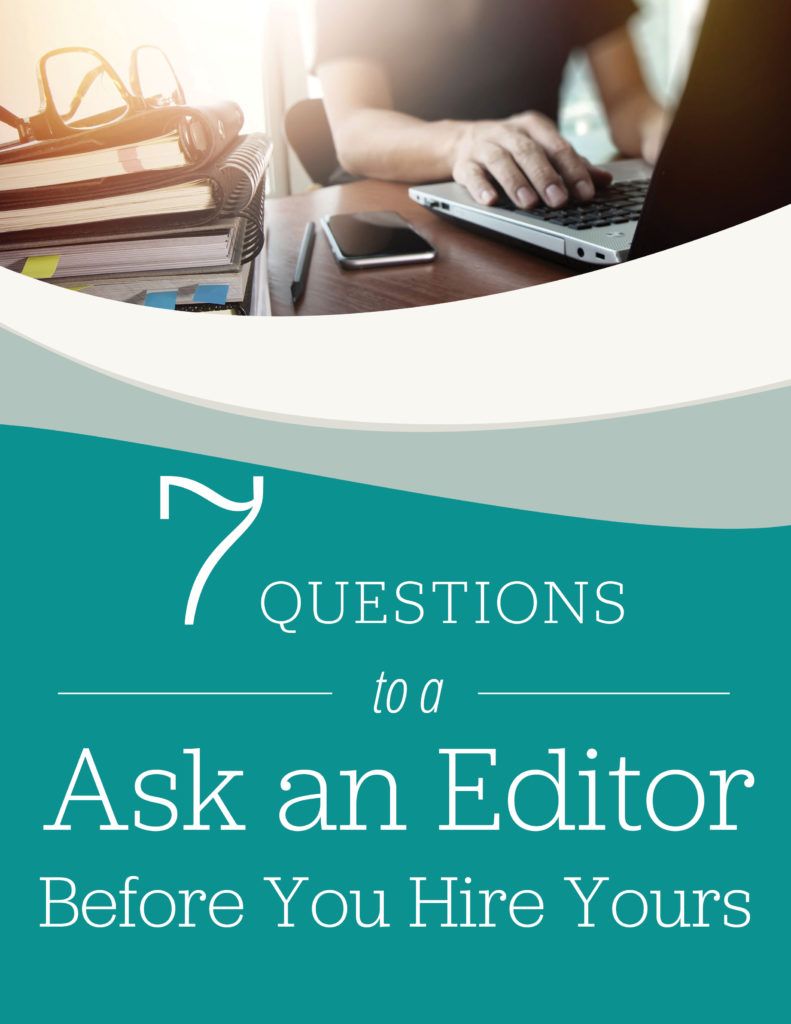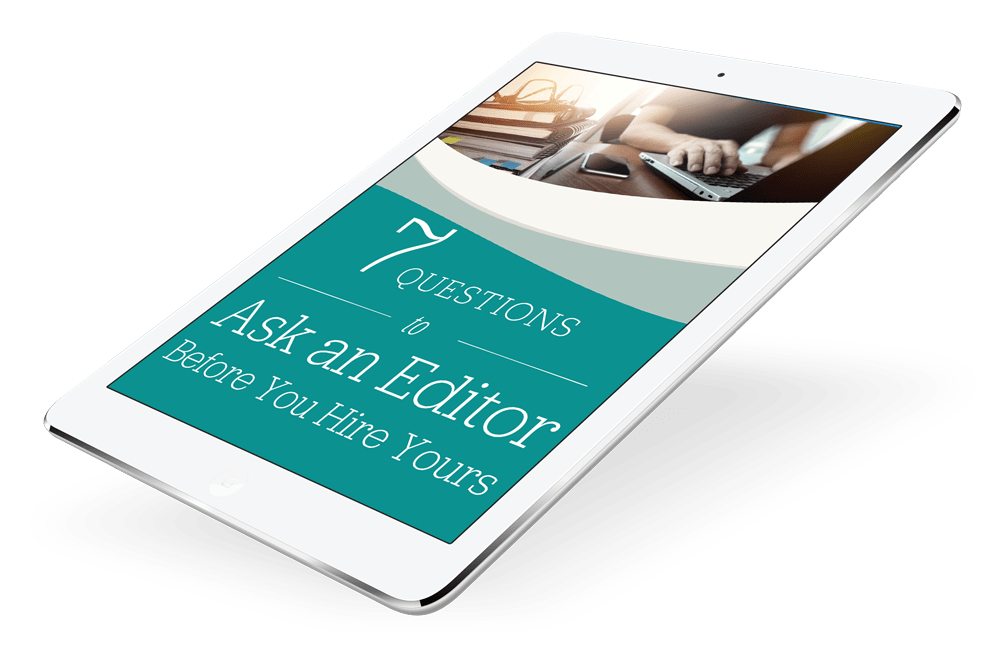Everyone has moments where they feel insecure about writing. When I wrote my last blog post, I asked my assistant Geri to read it and let me know if it held together.

My mind still felt a bit muddy and I had no idea whether it worked in bringing together the different ideas that coalesced in my brain. Would it have meaning to other people?
I respect your time and want to live up to your trust in me. I don’t want to send out something that’s half baked. Geri gave last week’s post the go ahead, but I still felt a bit uncertain. Sure, it worked for her, but Geri knows me and the way my brain works. Plus, she’s not writing a book or a blog (that I know of!). Would it provide value to you?
Feedback Counters Writing Insecurity and Self-Doubt

The morning the email went out, I received an email from my colleague, John Hanc, an award winning journalist and ghostwriter/co-writer. He said the post helped him. It’s the highest praise to know your work has impacted someone and made a difference for them. That’s a big part of why we write, yes?
Last week’s post wasn’t the most beautifully written work in the world (or even that I’ve written) but it had an impact for at least one person!
It’s magical to get positive feedback on your writing. It reinforces that you’re on the right track. It makes you just plain feel good.
But you don’t have to wait for feedback. It’s always a good idea to have someone read your writing, whether a freelance editor, a colleague or a friend. Even if your writing is already effective, your editor or reader might point out opportunities to go deeper, connections you may not have made, areas where you could make your point more clearly—or succinctly—and—heaven forbid—the occasional typo.
How to Get Feedback on Your Writing
If you feel insecure about writing—a blog post, an article, an email or a book, you might just ask an editor or reader whether the piece works—an overall assessment—and, if not, what’s missing. Here are other questions you may want to ask:

- What did you like most? That question frees your editor or reader to be honest later with the harder questions, plus it’s crucial not only to hear what’s wrong with the piece but to know what you’re doing right!
- What did you want more of?
- Where did you get bored or confused?
- What else do you want me to know? (or another open ended question)
And, yes, you can invite your reader to alert you to typos. They’ll probably do that anyway. By limiting the number of questions, you make it easier for them to focus and give you feedback. Too many questions can overwhelm a reader (but not a professional freelancer editor—ask away when it comes to editors).
Of course, if you have a very specific question about whether a certain section works, or whether to focus on x or y, go in this direction or that one, then it makes sense to add those questions, too. You might break your questions down into two groups, then: general questions and specific ones.
How to Find the Right Editor (Goodbye to “Insecure About Writing”)
Make sure that the editor you hire has plenty of experience in your genre:

- Ask them for examples of books or other work they’ve edited or written in your genre.
- Ask them what mistakes they most commonly see in that genre.
- Certainly, look at any testimonials they have on their website. This should give you an idea of their skills, strengths and accomplishments.
- And it’s always a good idea to ask for one or more references.
While I do some editing, part of my business is referring writers to editors and book coaches of all genres—from the areas I cover (self-help, how-to, business, spirituality, health, some memoir) to areas I do not work in myself (fiction, narrative nonfiction, all categories of children’s books, screenplays and niche genres, as well as blog posts, articles, web copy and more). So, if you need an editor, feel free to reach out and I can make a referral (and, yes, I do usually receive a commission from the writer, but that comes from their end, not yours, and is part of their marketing budget).

Download my free ebook: 7 Questions to Ask an Editor Before You Hire Yours. It will help you choose the right editor and make sure you’ve asked them all the right questions before hiring them (and then you can refer back to today’s post for the questions to ask them once you do hire them)! No more feeling insecure about writing!
What Do You Do When You Feel Insecure About Writing?
What do you do when you feel insecure about writing? Have you worked with beta readers or editors? Other tips? I welcome your comments, insights and questions.
- What are your favorite questions to ask an editor or beta reader?
- How did you find your readers and editor(s)?
- Any tips or takeaways to share?

